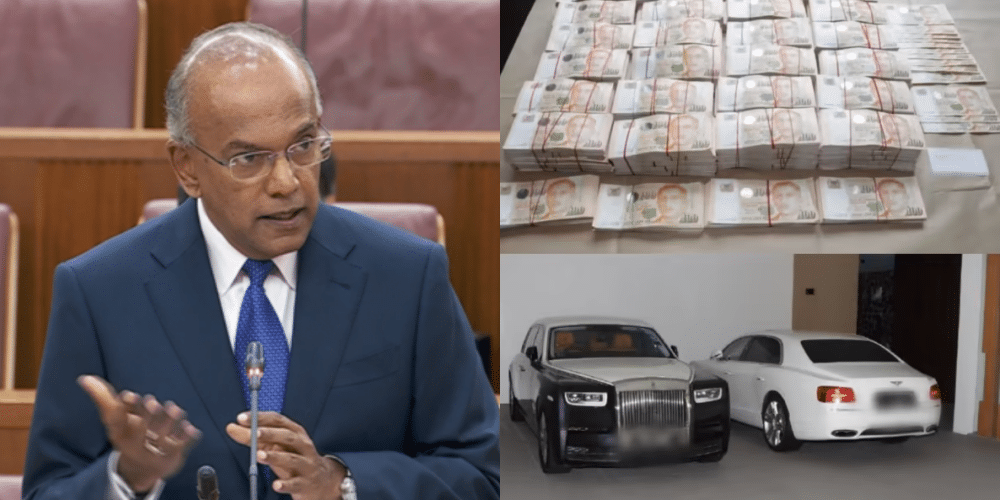- Joined
- Nov 24, 2008
- Messages
- 23,790
- Points
- 113
[td]
[td]NOV 25[/td]
[td] [/td]
[/td]
[td] [/td]
The common response among Singaporeans is that white-collar crime does pay. Public reaction towards the handling and prosecution of the 10 is that the sentences, between 13 to 17 months including time served, were too lenient to the individuals involved in one of the largest money laundering cases ever to have been prosecuted in the nation-state. State media published articles seeking to placate public opinion, saying it is up to Parliament to change existing criminal laws governing white-collar financial crime to enact harsher penalties, and not the judiciary to independently decide to levy heavier sentences to mollify public disapproval.
All of the suspects have been banned from re-entering the country. In return, Singapore agreed to have their names removed from Interpol’s Red and Blue watchlists for fugitive criminals, in effect allowing them to retain their physical freedom and live their lives without fear of legal prosecution in a country that spares no effort to pursue and hang luckless, mostly poor drug mules, many of whom say they were tricked or coerced into committing their crimes…[/td]
[td]
[/td]
Forwarded this email? Subscribe here for more |
Singapore: Does ‘Forfeiture For Freedom’ Work?
Concerns that government is more interested in money than justice
[td] [/td]
By: Andy Wong Ming Jun
In an abrupt denouement to the long-running S$3 billion (US$2 billion) money laundering affair that engulfed Singapore in August 2023, the city-state has closed its criminal investigations against 15 of 17 foreign nationals of Chinese origin who had absconded, forfeiting S$1.85 billion (US$1.37 billion) in financial wealth and assets to the state, bringing recovered assets to nearly S$2.8 billion but raising questions in public about the lack of determination to bring the fugitives back to face justice.The common response among Singaporeans is that white-collar crime does pay. Public reaction towards the handling and prosecution of the 10 is that the sentences, between 13 to 17 months including time served, were too lenient to the individuals involved in one of the largest money laundering cases ever to have been prosecuted in the nation-state. State media published articles seeking to placate public opinion, saying it is up to Parliament to change existing criminal laws governing white-collar financial crime to enact harsher penalties, and not the judiciary to independently decide to levy heavier sentences to mollify public disapproval.
All of the suspects have been banned from re-entering the country. In return, Singapore agreed to have their names removed from Interpol’s Red and Blue watchlists for fugitive criminals, in effect allowing them to retain their physical freedom and live their lives without fear of legal prosecution in a country that spares no effort to pursue and hang luckless, mostly poor drug mules, many of whom say they were tricked or coerced into committing their crimes…








